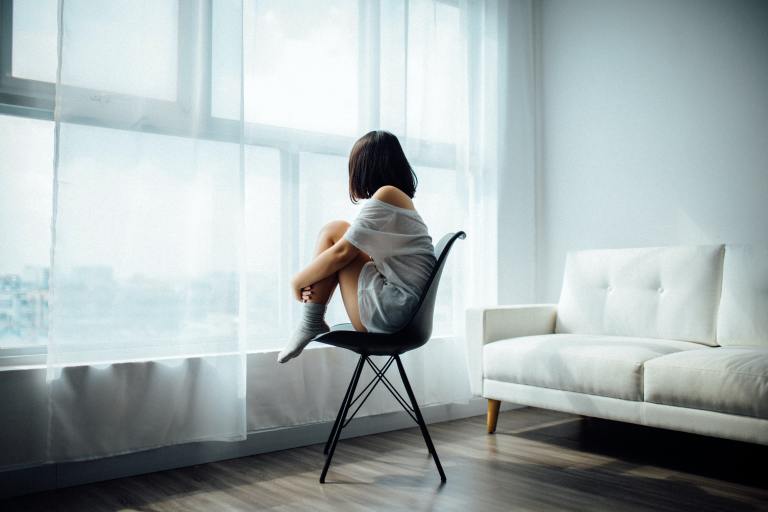
What To Do After Unprotected Sex
The unfortunate truth in these situations is that, physically, what’s done is done for now.
By ![]() Adams Hopper
Adams Hopper
Here is a list of options to consider after you’ve had a night of unplanned unprotected sex. Some of these will apply to everyone, with the obvious exceptions if you’re gay or infertile for a medical reasons.
Skip immediate douching and mouthwash. The unfortunate truth in these situations is that, physically, what’s done is done for now. Douching, teeth brushing/mouthwash, or bathing will not prevent STI transmission or pregnancy and may actually increase your chances of such events occurring by irritating the skin and creating micro-tears through which viruses and bacteria can more efficiently travel.
Consider Plan-B (the morning-after pill). If you’re a woman and have access to a pharmacy or health clinic (which, absurdly, depends on your local laws) consider purchasing Plan-B, an oral contraceptive that can reduce the risk of pregnancy up to 95% if taken within 24 hours of sexual intercourse (89% if within 72).
Consider Ella. Ella is a new emergency contraceptive that can help reduce your risk of pregnancy if taken within 120 hours (5 days) of sexual intercourse. This medication is often more expensive and will require a prescription from your doctor.
Consider PEP (post-exposure prophylaxis). PEP is a round of medications available to people who may have been exposed to HIV that, if taken within 72 hours of exposure, can drastically reduce the risk of transmission. PEP must be prescribed by a doctor or administered in a local emergency room or clinic. The process involves the patient taken a month long dose of powerful anti-viral medications similar to those who are managing their HIV infections would take. PEP can be quite expensive but there are many affordable options through grants and emergency funds for those who require it. PEP, as with all medications, is not 100% effective.
Get STI tests. After an unprotected sexual encounter it is your responsibility to yourself and future sex partners to get tested for STI’s and to monitor your own health. Your GP or local clinic can give you a battery of simple tests about three months out from your exposure that can give you a good idea if you’ve accidentally contracted anything. Generally these tests are available anonymously and are free or available at very low copays. Put it in your calendar and go!
Get a pregnancy test. After an unprotected sexual encounter it is important to follow up with a simple at home pregnancy test 21 days (three weeks) after the encounter. It’s important to know your options and manage your health as early as possible if you’ve become pregnant.
Plan for next time. Stock up on all the necessary resources and make them available (even if that means keeping condoms or dental dams in your bag or wallet) so that this doesn’t happen again. Have fun, but play safe! ![]()











